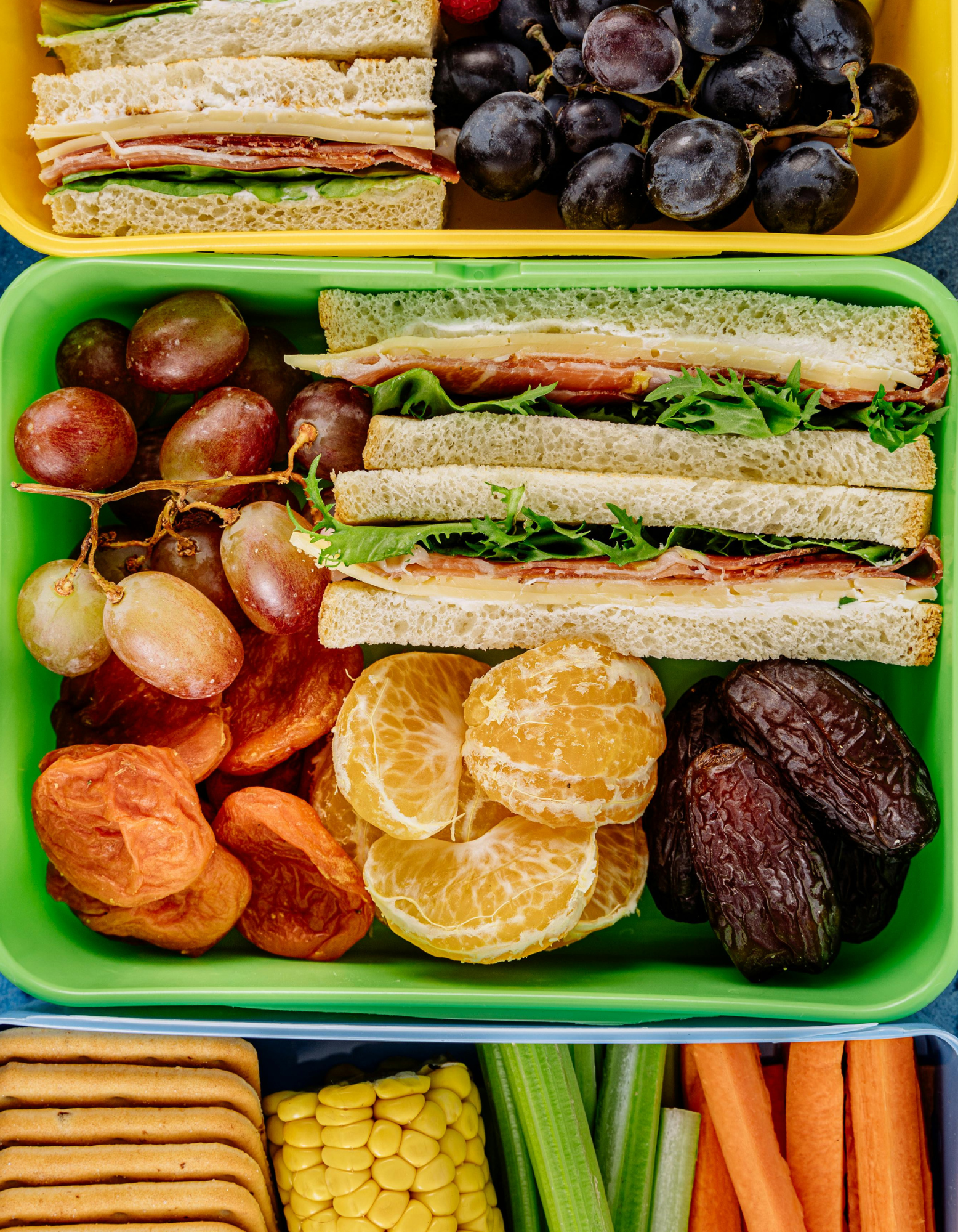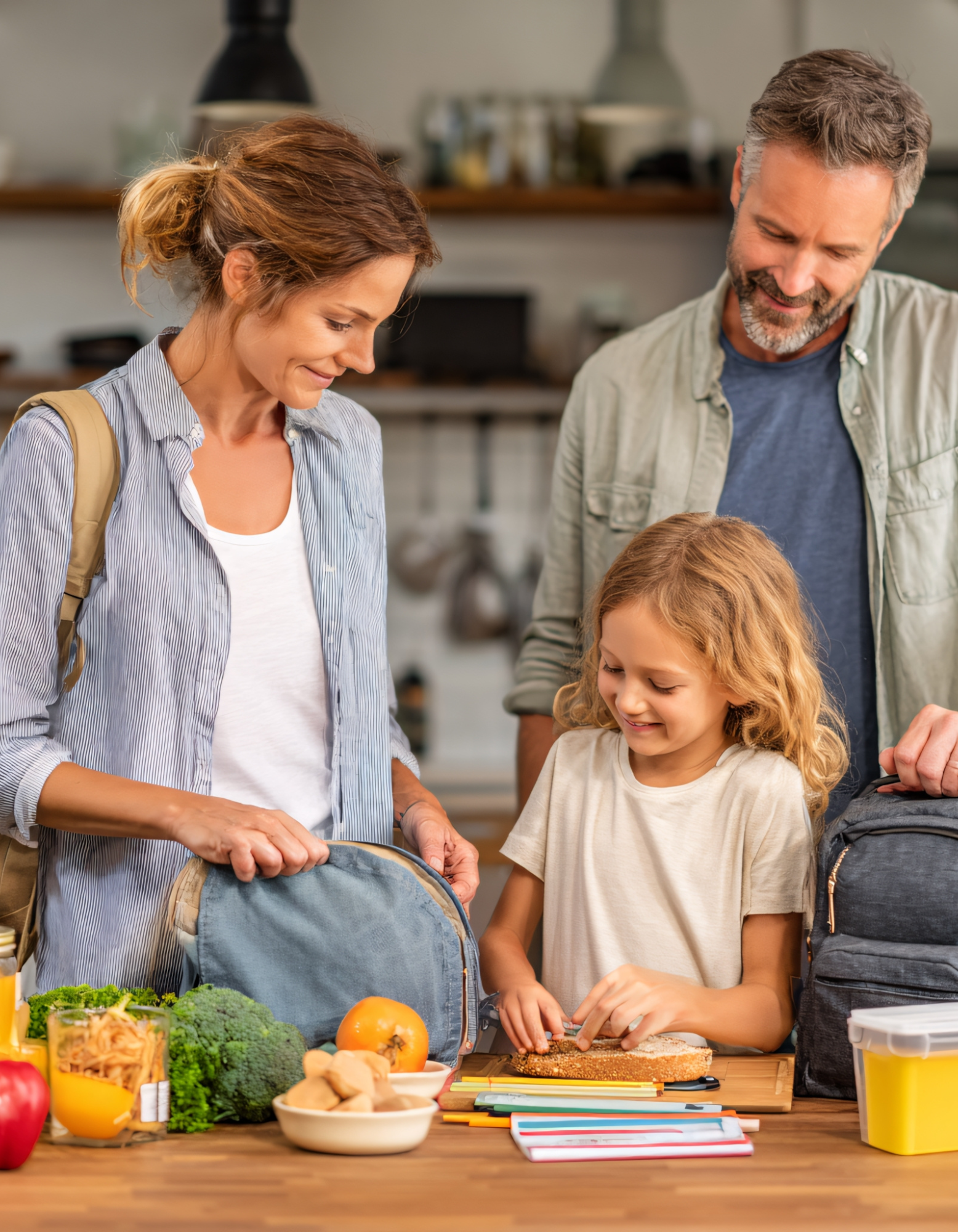As school is back in full swing, it’s the perfect time to teach children an essential life skill: food safety. Getting kids involved in preparing their lunches is a fun and practical way to show them how to handle food safely while also encouraging healthy eating habits.
Here’s how to ensure your child’s lunch is safe, healthy, and worry-free:
1. Choose the Right Lunchbox – Select a lunchbox that can fit a frozen drink or ice brick and is easy to clean and dry. Keeping food at the correct temperature is crucial to prevent bacterial growth. 
2. Handwashing is Key – Before touching food, teach children to wash their hands thoroughly with soap for at least 20 seconds, then dry them completely. A fun way to time it is by singing “Happy Birthday” twice. Clean hands are the first step to preventing contamination.
3. Wash Fruits and Vegetables – Even when pre-washed, fruits and vegetables should be rinsed under running water to remove dirt and germs. Encourage children to take part—it’s a simple habit that protects their health.
4. Teach Safe Grocery Practices – When shopping, show kids how to keep chilled or frozen items in a cooler bag on the way home. Maintaining the cold chain prevents harmful bacteria from multiplying.
5. Safe Cooking and Baking – Cooking together is a great learning opportunity. However, avoid tasting raw batter or dough containing eggs, as it can carry Salmonella or other pathogens. Teach children why this is risky.
6. Fridge Safety – Explain how to safely store food at home:
-
- Keep raw and cooked foods separate.
- Store raw meats, poultry, and eggs on the bottom shelf to avoid dripping onto ready-to-eat items.
7. Avoid Cross-Contamination – Use separate chopping boards for different food types. A colour-coded system works well:
-
- Red for meat
- Green for vegetables
- Orange for fruit
- Green for vegetables. Children can help set up boards and place foods correctly, reinforcing good habits
8. Proper Lunch Packing – Once prepared, lunches should stay in the fridge until leaving home. Add a frozen drink or ice brick just before leaving to keep the contents at a safe temperature until lunchtime. 
9. Hot Weather Lunch Tips – During warmer months, opt for lower-risk foods such as:
-
- Hard or processed cheese
- Canned tuna
- Sandwich spreads; and
- Avoid high-risk items like sushi, salad, meat, poultry, or eggs if they won’t be eaten within a day of preparation.
Every lunchbox is a learning opportunity. When children understand why food safety matters, they’re more likely to make safe, healthy choices — both now and as they grow.
